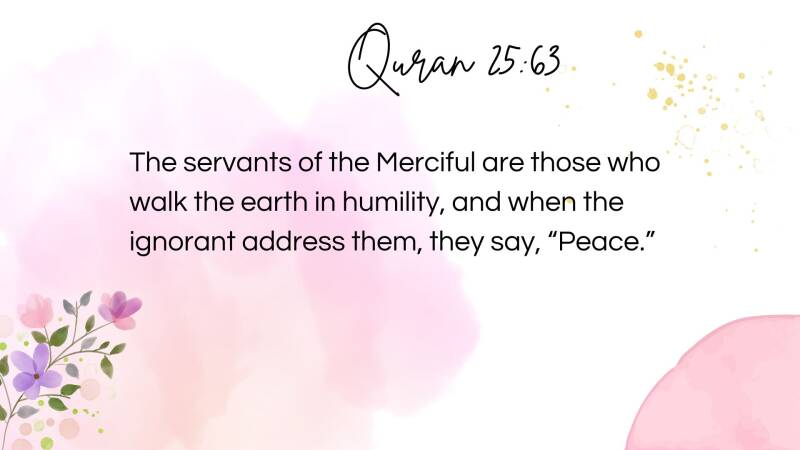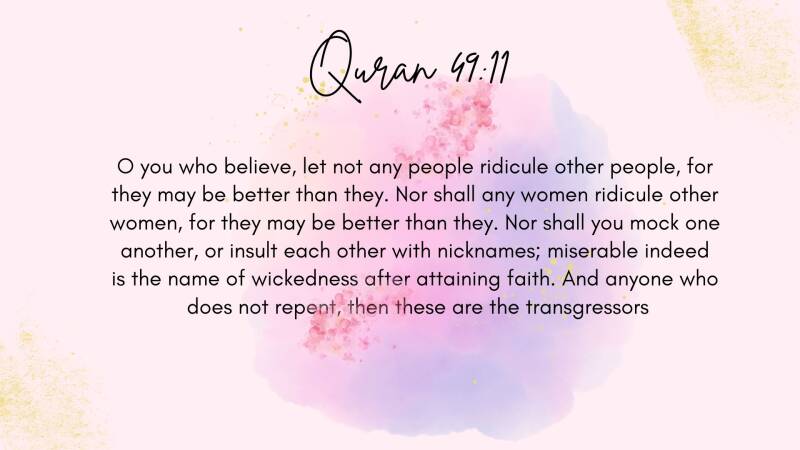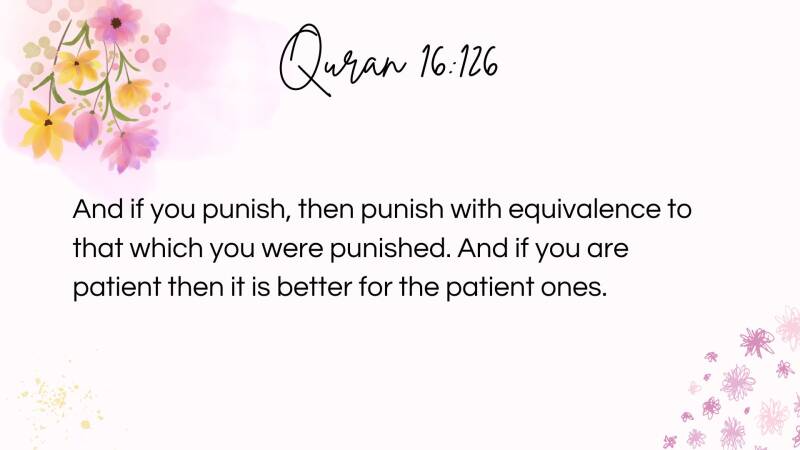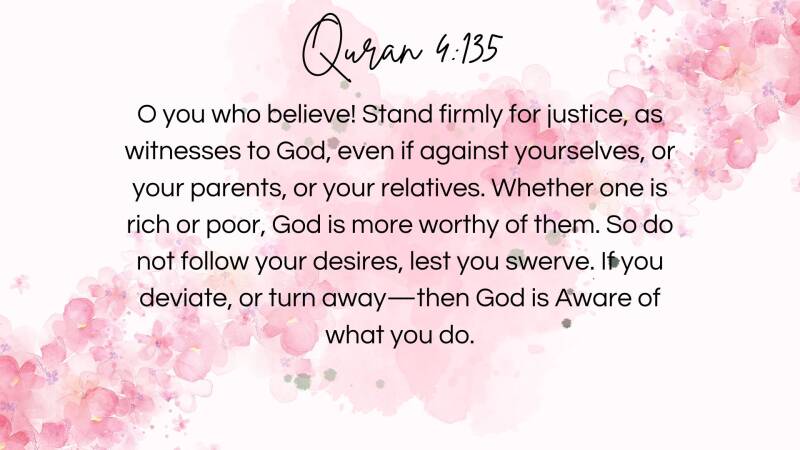The Quran: The complete moral compass
Across the world, millions of Muslims shape their behaviour by looking to books of ḥadīth. They read reports that describe how the Prophet treated his neighbours, fed the hungry, forgave his enemies, and cared for his family, believing that only through these narrations can we understand true manners and morals. For many, these stories form the heart of Islamic ethics.
Yet this raises an important question: is the Quran itself not already a complete moral compass?
Did the One who revealed “a Book fully detailed” (6:114) and “a clarification for all things” (16:89) leave out the most essential part of human life - our character and behaviour?
When we open the Quran itself, we find that it speaks directly to every aspect of human behavior. It tells us how to speak, how to walk, how to forgive, how to give, and how to respond even to those who wrong us. It calls for truthfulness, mercy, patience, fairness, and humility - the very qualities people praise in the Prophet.
The Prophet did not invent a new moral system; he embodied the one already revealed to him. His conduct was the Quran in motion, nothing added, nothing missing. So if we wish to follow his example, we must go where he went for guidance: the Book of Allah itself.
The question, then, is not whether we have enough instruction, but whether we have truly trusted the Book that Allah declared complete.
Let us turn to the Quran and see what it says about behavior and discover, verse by verse, the timeless code of conduct it lays before us.


Personal Integrity and Truthfulness
- Don’t lie / avoid false speech (22:30)
- Keep your oaths (5:89)
- Don’t say what you don’t do (61:2)
- Keep your trusts and promises (23:8)
- Do not spend the belongings of the orphans (6:152)
- Be just, even against yourself or relatives (4:135)

Kindness, Mercy and Compassion
- Feed the poor (22:36)
- If unable to help, speak kind words (17:28)
- Forgive others, as you wish Allah to forgive you (24:22)
- Respond to evil with good (41:34)
- Be good to guests (51:24–27)

Justice and Fairness
- Do not insult those whom they worship besides God (6:108)
- Punish only as you were harmed or forgive (16:126)
- Make peace between fighting groups (49:9)
- Honor your treaties (9:4)
- Do not devour one another's possessions wrongfully (4:29)


Humility and Modesty
- Don’t exult (be arrogant) (28:76)
- Walk in a humble manner (25:63)
- Don’t turn your cheek in arrogance (31:18)
- Don’t claim yourselves to be pure (53:32)
- Lower your voice and speak moderately (31:19)

Speech and Communication
- Speak nicely, even to the ignorant (25:63)
- Speak gently, even to those in power (20:44)
- Don’t insult others (49:11)
- Don’t backbite or gossip (49:12, 24:15)
- Return greetings with better ones (4:86)
- Say “it’s not appropriate” when hearing slander (24:16)

Social Responsibility and Respect
- Make room for others in gatherings (58:11)
- Greet people when entering homes (24:27)
- Differences in color and language are signs of Allah, not superiority (49:13)
- Being good to neighbours (4:36)


Family and Marital Conduct
- Don’t be rude to parents (17:23)
- Try to reconcile husband and wife (4:128)
- Live with spouses in kindness (4:19)
- Divorce amicably if necessary (2:231)
- Don’t harm believers (33:58)

Forgiveness, Peace and Reconciliation
- Restrain your anger (3:134)
- If the enemy seeks peace, accept it (8:61)
- Repel evil with what is good (41:34)
- Make peace between fighting groups (49:9)

Balance, Moderation and Responsibility
- Don’t waste (17:26)
- Don’t be miserly nor extravagant (25:67)
- Don’t remind others of your favors (2:264)
- Don’t order others to do good while forgetting it yourself (2:44)

The Quran guides us
The Quran provides a complete, detailed, and sufficient guide for human conduct. It instructs believers on every moral and social principle needed to live a righteous life.
Relying on Hadith to define manners implies that Allah’s Book is incomplete - yet the Quran itself is “fully detailed” (6:114). The Prophet did not create morals; he embodied the Quran. Every ethical principle, every act of kindness, every manner of humility, patience, or justice - all are directly found in Allah’s words.
The Quran gives us a moral compass, a guide for society, and a path to inner peace. All that is left is for us to read it, reflect upon it, and let it shape our hearts and lives.
